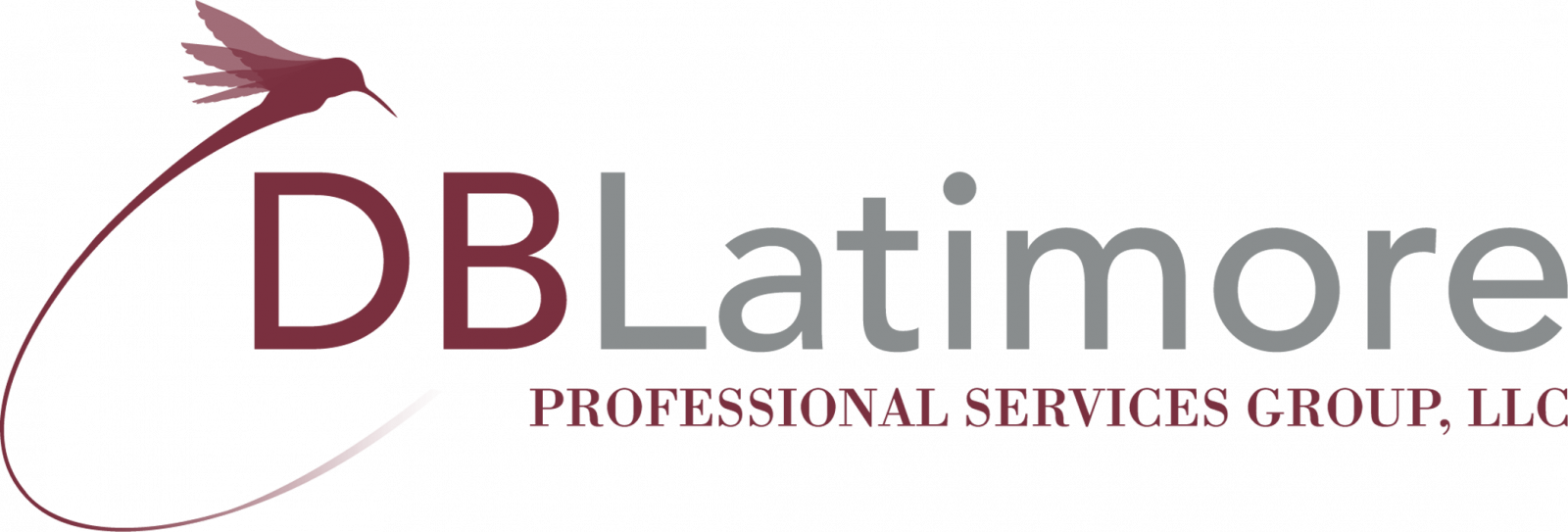Basketball great Michael Jordon once said, “Talent wins games, but teamwork and intelligence win championships.”
Jordan might have been referring to basketball, but it’s no less true of teams put together to produce champion results for businesses large and small. And while Jordan’s team was all about playing games, businesses sometimes need the help of games to mold and cement effective work teams.
“Team building games are designed to help team leaders transform a group of loosely connected employees into a dynamic and productive team—a process that seldom occurs naturally,” according to John Newstrom and Edward Scannel, authors of The Big Book of Team Building Games.
Games are certainly not the only way to build high-performance teams. Classroom training, role-playing, profile testing and other structures all play a positive role. But when team members go away from the office, dress informally and get outside their “business as usual” selves, what tends to happen is that “positions” are forgotten and people show more of their true nature. In this way, games create understanding. And when this understanding is in place, synergy can happen, that magic that makes ideas and results much greater than the sum of their parts.
“Effective teams have teammates who are constantly talking to one another,” writes John C. Maxwell in The 17 Indisputable Laws of Teamwork. “Communication increases commitment and connection; they in turn fuel action. If you want your team to perform at the highest level, the people on it need to be able to talk to and listen to one another.”
Great teams don’t happen overnight, and working in teams is not always easy. According to several experts, team-building games help give shape and solid foundation to teams by:
• revealing how each of the members thinks, makes decisions and reacts, and increasing understanding of and appreciation for each team member’s input.
• driving home key ideas and helping members focus their attention.
• building and lifting morale and re-energizing individuals and the team itself.
• creating better and more productive in-office relationships.
• helping members become more flexible and adaptable, and increase trust levels.
“Teams today are often expected to form and produce results right away, making managing the team dynamics both more challenging and more important,” write the authors of Building Effective Teams, Michael Canning, Marla Tuchinsky and Cindy Campbell.
To be sure, effective teams need to have the basics down. They need to create and follow meeting agendas, keep discussions focused and not meandering, identify and obtain resources the team needs, develop clear shared goals and outcomes and timelines. They need to figure out workflow, information sharing, tasks and schedules.
But the elements that so often doom a team to mediocrity or failure are the personal ones that stem from poor relationships. Games help meet these challenges by connecting people in ways that don’t typically happen in the regular workplace setting.
DB Latimore Professional Services Group offers strategic facilitation of team development. Contact us to learn more about our team development programs
Author’s content used under license, © 2008 Claire Communications



